MODS Bibliographer - Metadata Conversion Tool
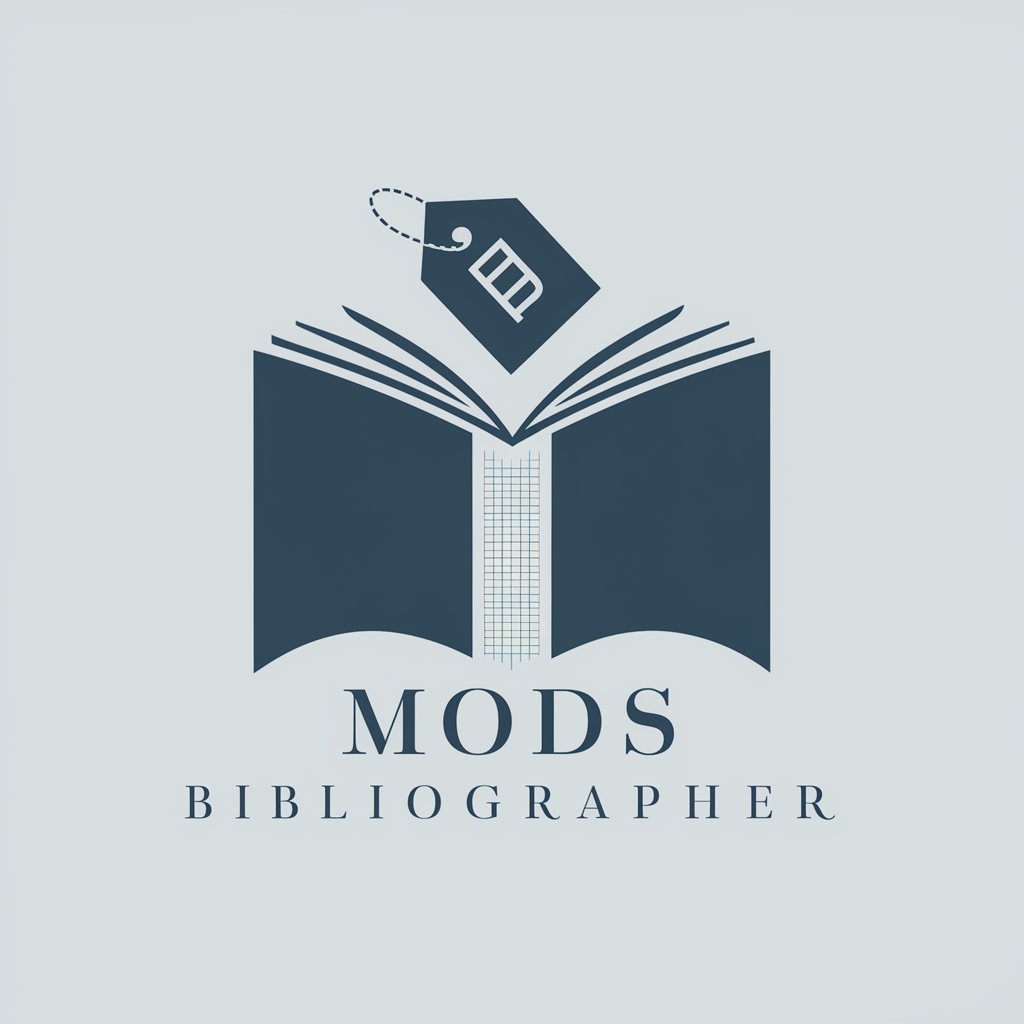
Welcome! I specialize in converting bibliographic references to MODS format.
Transforming references into MODS with AI
Convert the following bibliographic reference into MODS format:
Generate a complete MODS XML block for the academic paper titled:
Using internet resources, create a MODS record for the book:
Fill in the MODS schema for this YouTube video:
Get Embed Code
MODS Bibliographer: An Overview
MODS Bibliographer is a specialized tool designed to convert bibliographic references into Metadata Object Description Schema (MODS) format. This conversion is essential for academic papers, books, websites, and YouTube videos, facilitating the standardization and exchange of bibliographic metadata across digital libraries and repositories. By automating the conversion process, MODS Bibliographer streamlines the creation of detailed, structured metadata, enhancing discoverability and accessibility of scholarly resources. An example scenario involves an academic researcher wanting to submit their work to a digital repository requiring metadata in MODS format; MODS Bibliographer would convert their list of references into the necessary MODS XML, ensuring compliance with repository standards. Powered by ChatGPT-4o。

Core Functions of MODS Bibliographer
Conversion to MODS Format
Example
Converting a citation from a journal article into MODS format, including elements like author, title, journal name, volume, issue, and pages.
Scenario
An academic submitting articles to a university repository that mandates MODS for metadata.
Information Completion and Correction
Example
Filling missing details (e.g., publication date, ISSN) or correcting information in a book reference based on online database searches.
Scenario
A librarian cataloging a rare book with incomplete publication details, using MODS Bibliographer to generate a complete MODS record.
Adaptation to Various Reference Types
Example
Creating MODS records for diverse types of materials, such as conference papers, websites, and YouTube videos, accommodating the unique metadata requirements of each.
Scenario
A content curator for an online educational platform compiling a bibliography of diverse resources, including video lectures and research articles, in MODS format for integration into a learning management system.
Who Benefits from MODS Bibliographer
Academic Researchers
Researchers need to share their work in digital repositories or publish according to specific standards. MODS Bibliographer aids in the seamless conversion of their bibliographies into the required MODS format, facilitating wider dissemination and compliance with archival requirements.
Librarians and Information Professionals
Professionals tasked with cataloging and managing digital collections benefit from the automated conversion to MODS, streamlining metadata creation for a wide range of materials and enhancing the accuracy and consistency of digital catalog records.
Content Curators and Educators
Individuals curating educational content or managing digital learning resources utilize MODS Bibliographer to standardize metadata for diverse formats, ensuring interoperability and ease of access within digital learning environments.

How to Use MODS Bibliographer
1
Initiate a trial on yeschat.ai to explore MODS Bibliographer without any requirement for login or a subscription to ChatGPT Plus.
2
Prepare your bibliographic references, including details like author names, publication dates, titles, and publication sources.
3
Input your bibliographic reference into MODS Bibliographer, clearly specifying the type of reference (e.g., academic paper, book, website, or YouTube video).
4
Review the generated MODS format output for accuracy, ensuring all necessary bibliographic information is correctly converted.
5
Utilize the MODS code in your digital library system or for academic purposes, tailoring any necessary adjustments for specific requirements.
Try other advanced and practical GPTs
Terraria Modsmith
Craft Custom Terraria Mods with AI
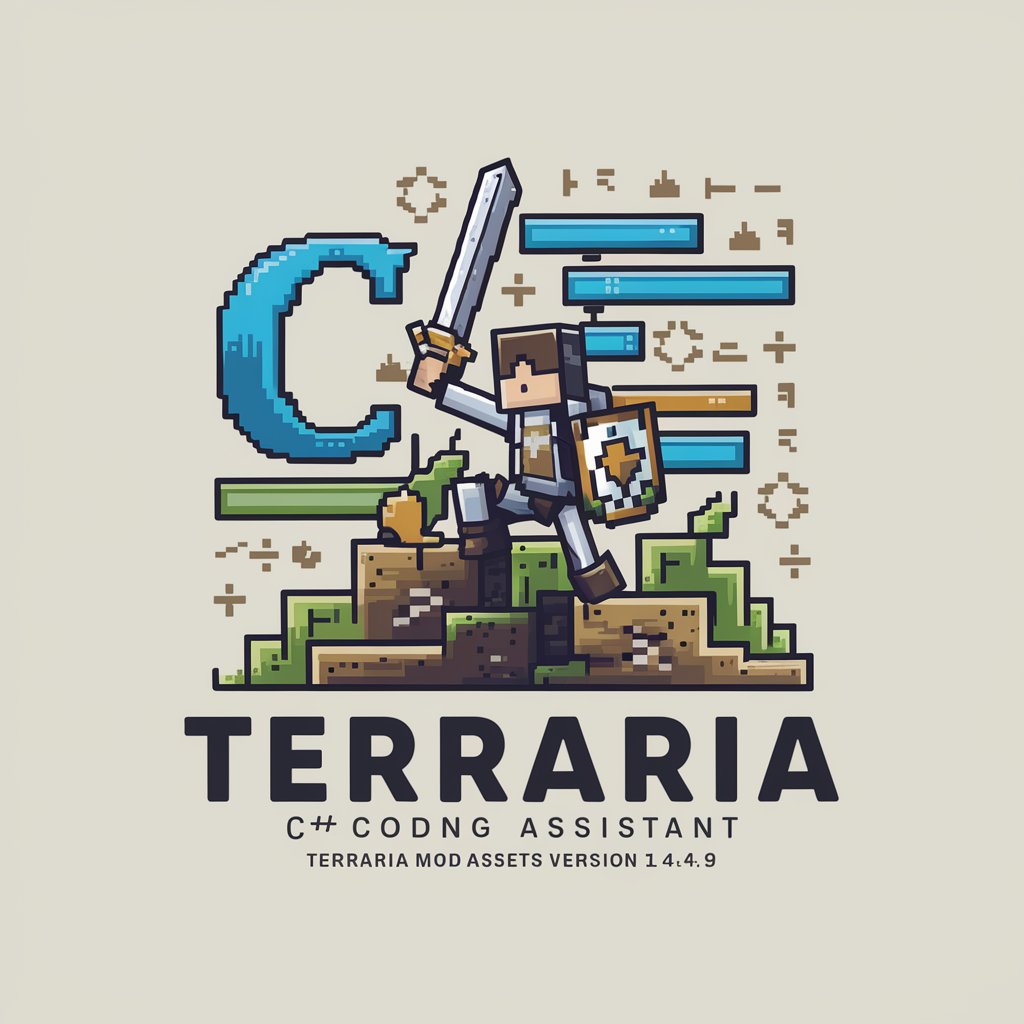
ModSec Assistant
AI-powered ModSecurity Advisor
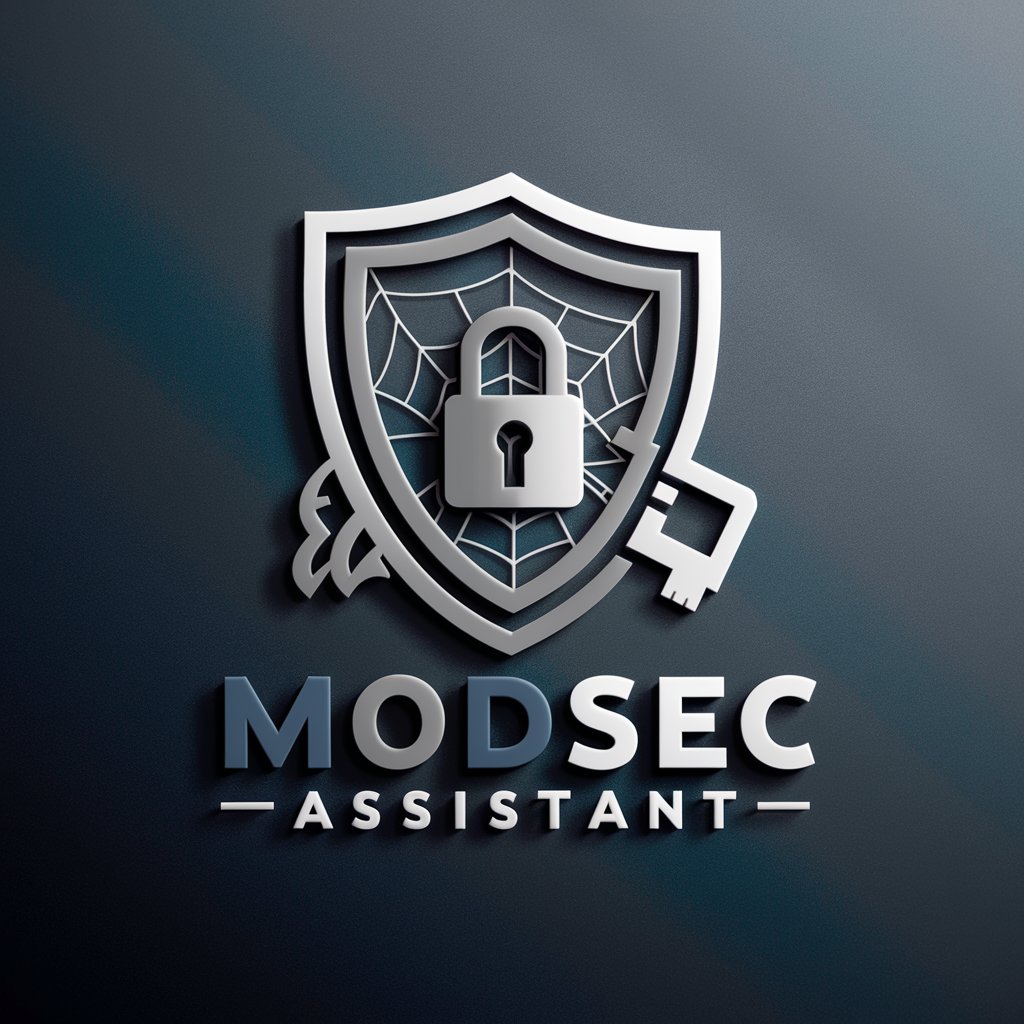
Game Mod Coder
Elevate your game with AI-powered modding

Netscape
Unlock knowledge with AI-powered Netscape.
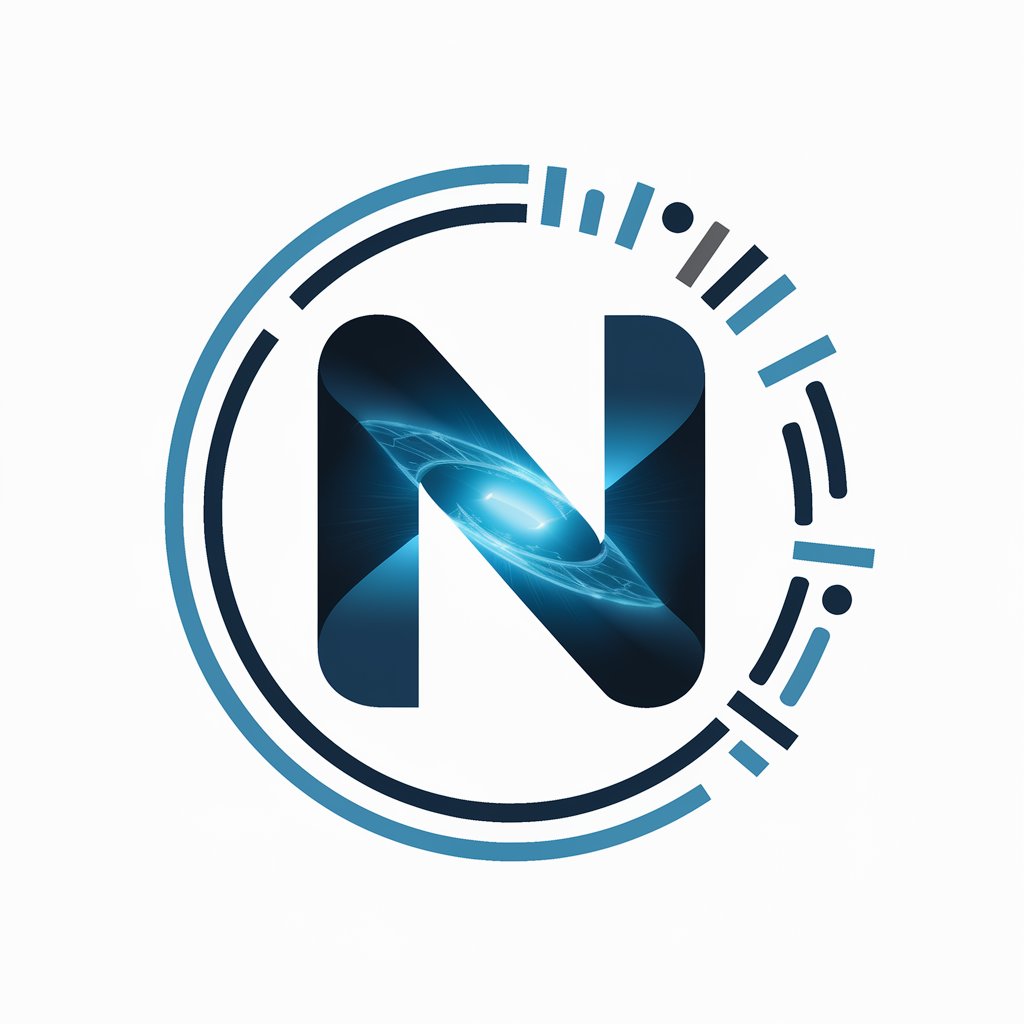
Series 7 Exam Prep
Master the Series 7 with AI
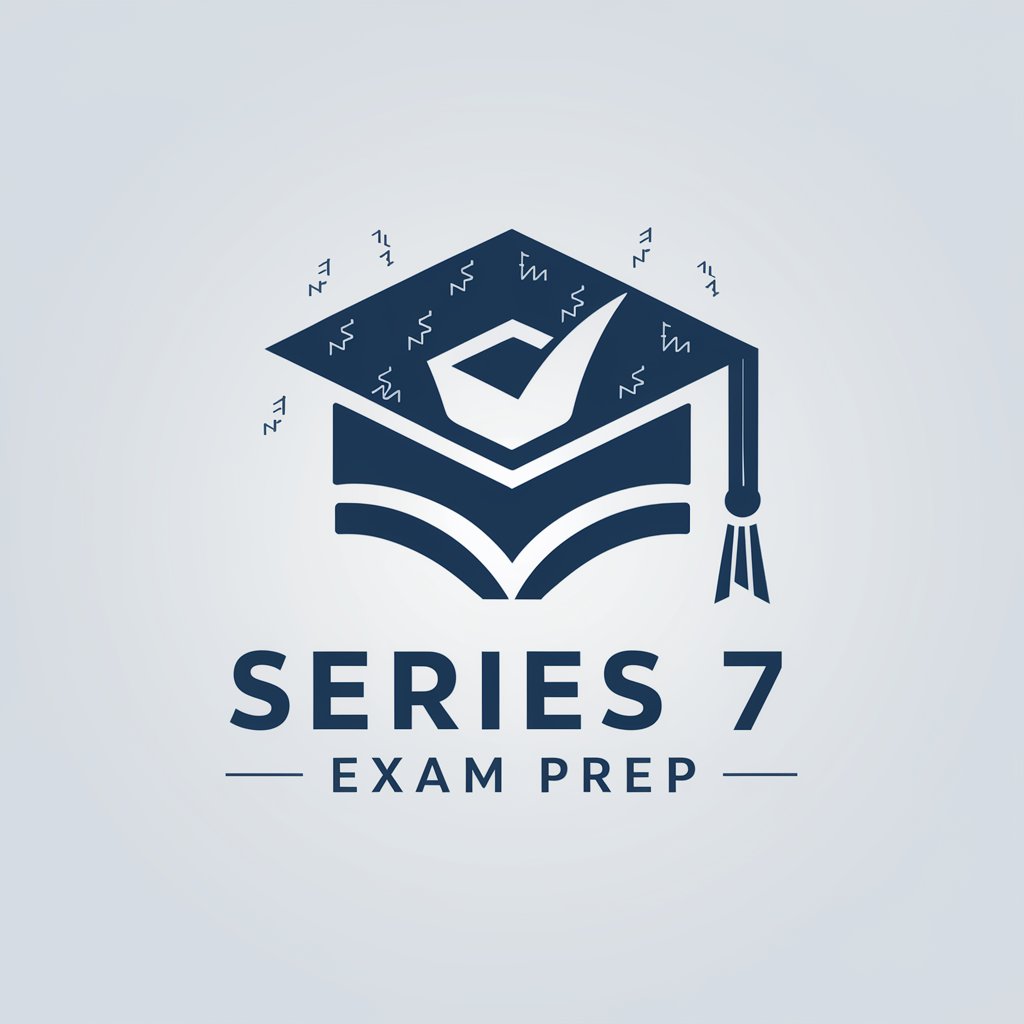
Kitten Photos Saver
Transform Memories with AI

Lethal Company Mods
Powering creativity in game modding with AI.
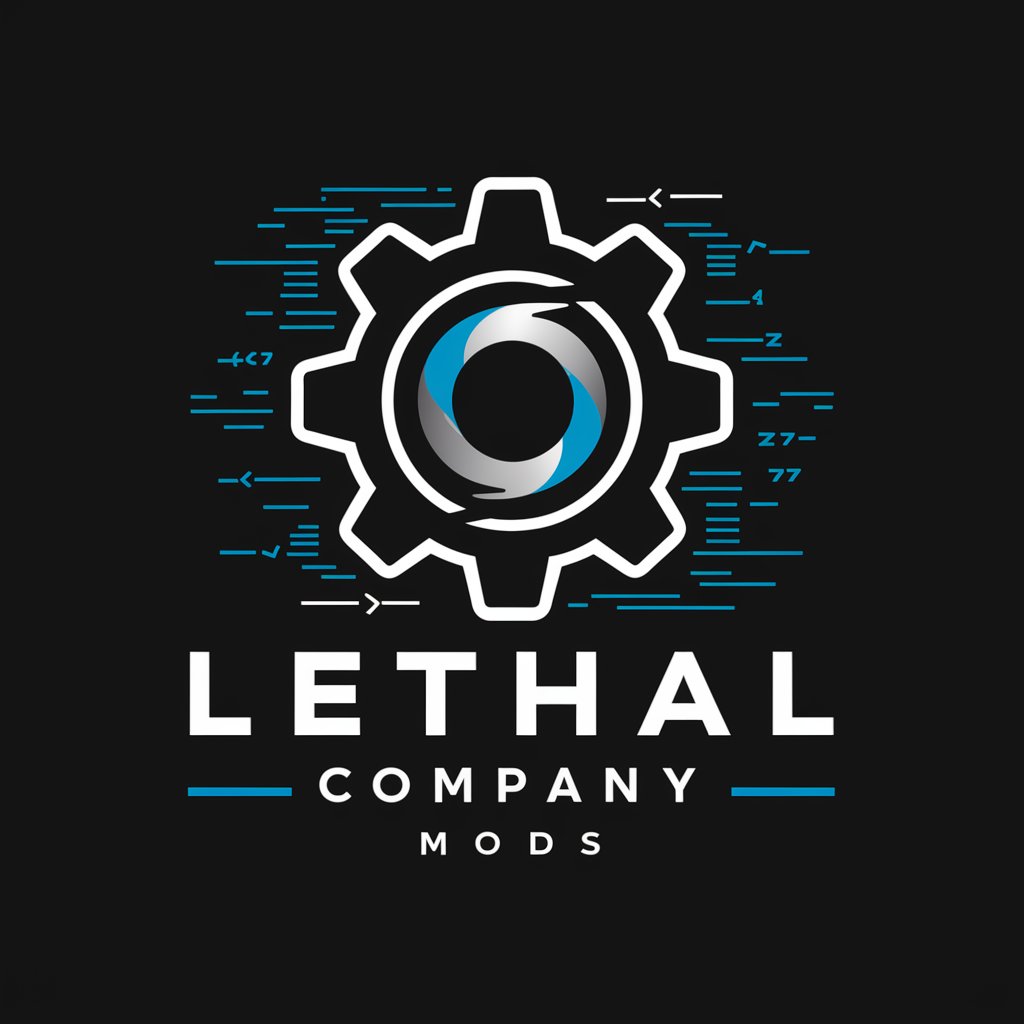
Minecraf Mods
Empower Your Minecraft with AI-Driven Mods
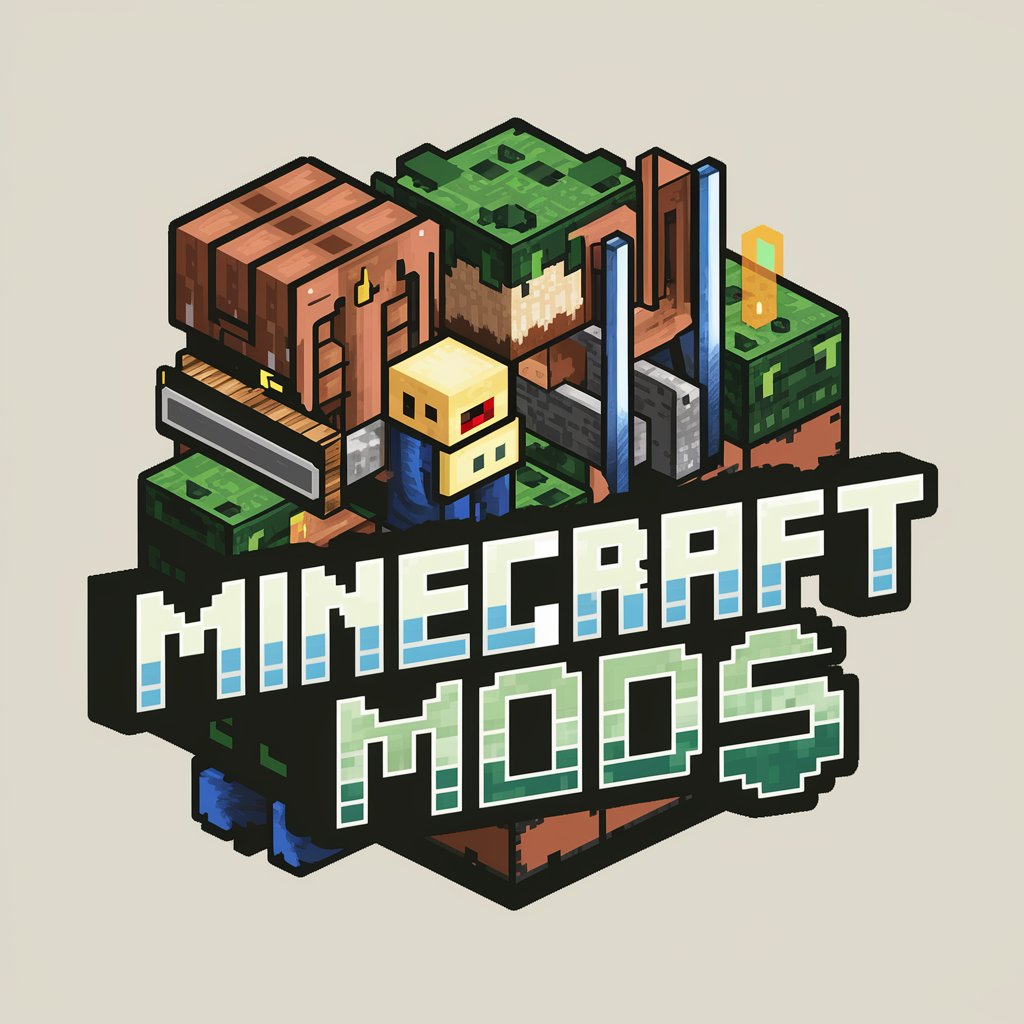
Parker
Empowering Your Words with AI
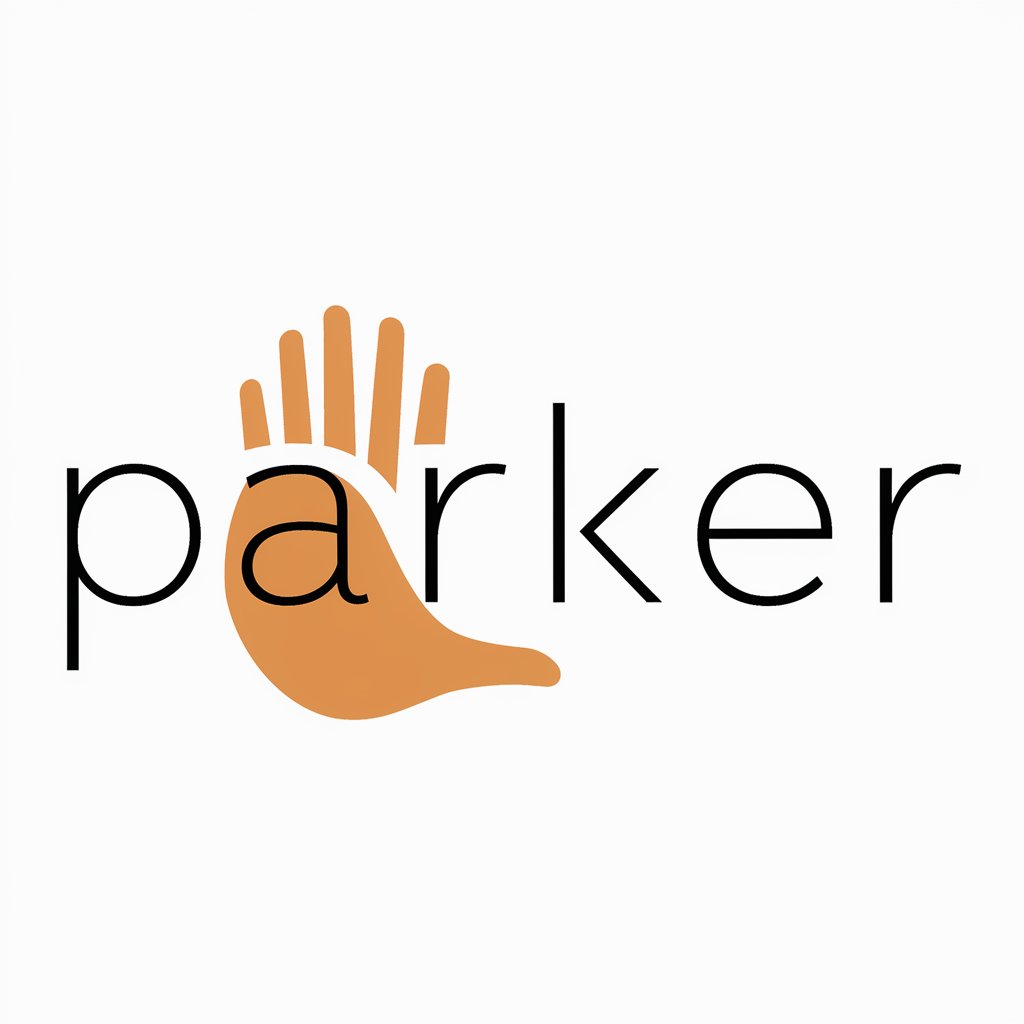
IB Marker
Precision grading at AI speed.
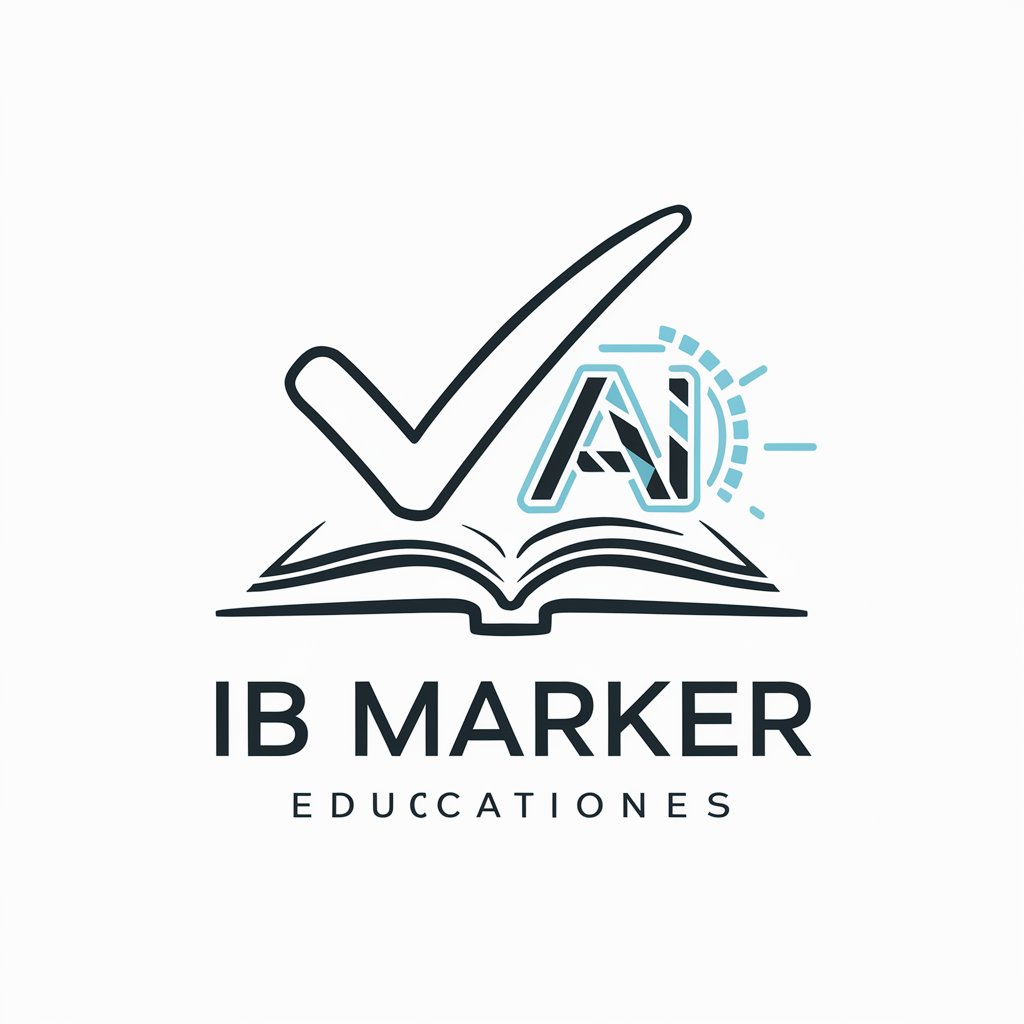
Professor Marker
Enhancing understanding with AI-powered analysis.
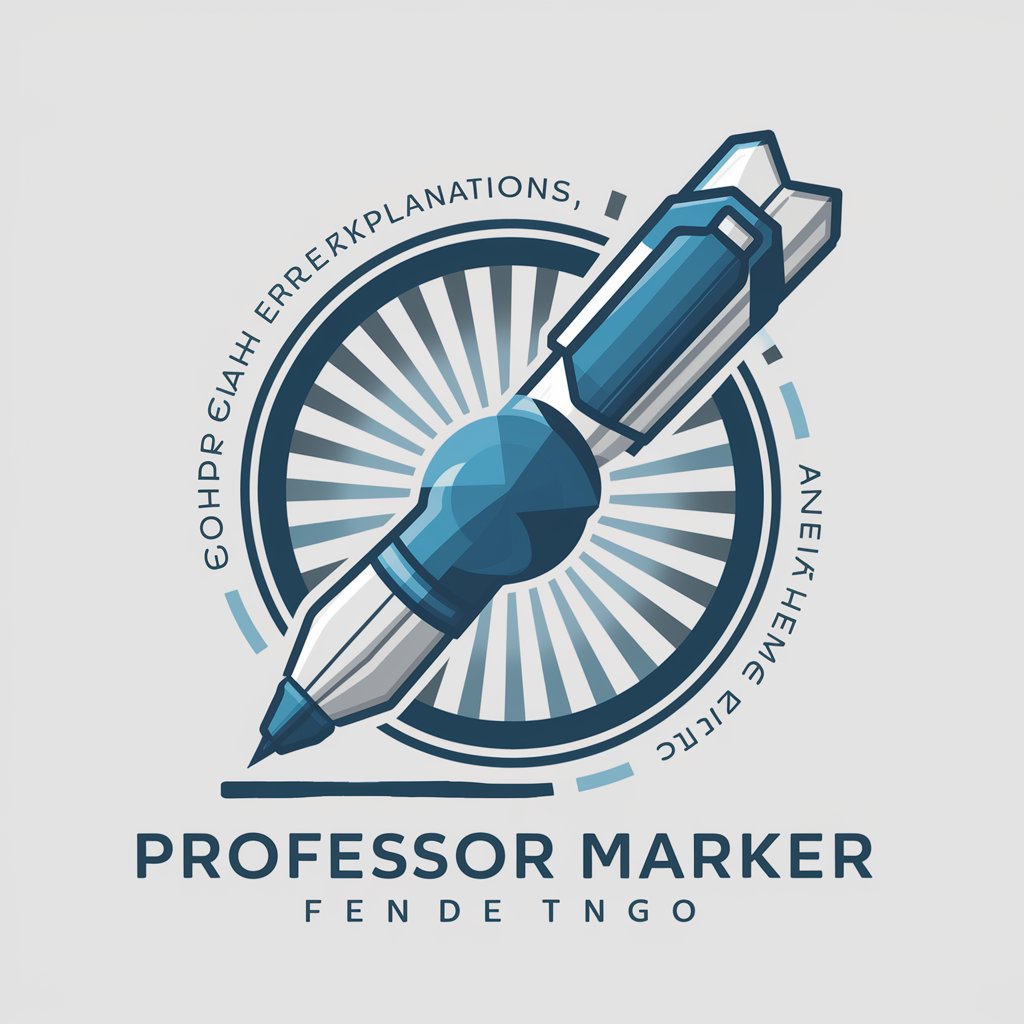
Barber GPT
Transform Your Look with AI-Powered Style Recommendations

Frequently Asked Questions about MODS Bibliographer
What is MODS Bibliographer?
MODS Bibliographer is a specialized tool designed for converting bibliographic references into the Metadata Object Description Schema (MODS) format, catering to academic papers, books, websites, and YouTube videos.
Why should I use MODS format?
The MODS format is widely used in digital library environments for its flexibility, richness in metadata description, and ability to accommodate a wide range of library materials, enhancing data interoperability and cataloging precision.
Can MODS Bibliographer handle references in languages other than English?
Yes, MODS Bibliographer can process bibliographic references in multiple languages, though the tool itself communicates and presents instructions in English.
Is technical knowledge required to use MODS Bibliographer?
No, MODS Bibliographer is designed with a user-friendly interface that doesn't require advanced technical knowledge, making it accessible for individuals with basic computer skills.
How accurate is the MODS output generated by MODS Bibliographer?
The accuracy of the MODS output largely depends on the completeness and clarity of the bibliographic reference provided. MODS Bibliographer is designed to ensure high fidelity in conversion, but users should review the output for any potential adjustments.
